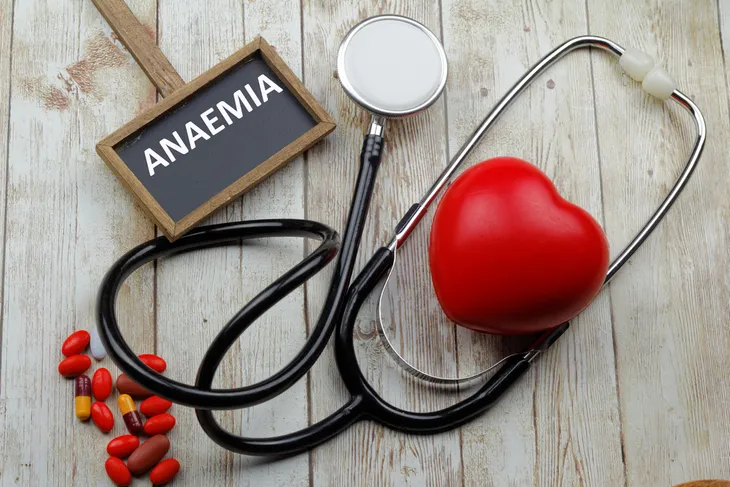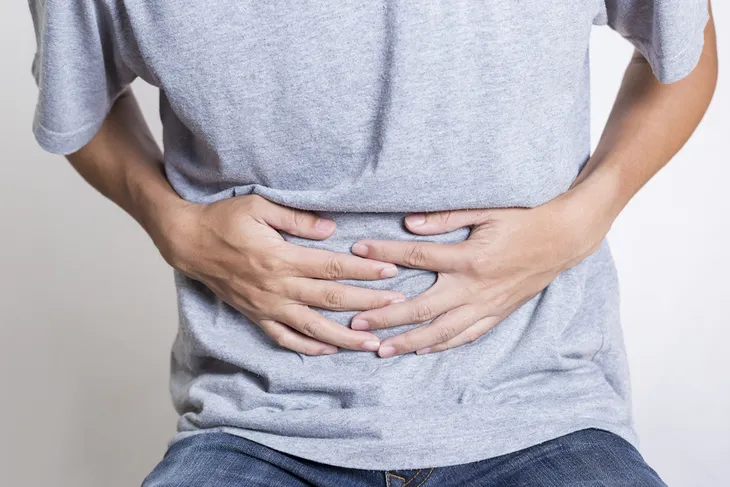Colorectal cancer is one of the most dangerous forms of the deadly disease. In the United States, it’s responsible for the second most cancer deaths. As with most forms of cancer, the key to surviving and beating colorectal cancer is to catch the disease early.
This can be accomplished by being knowledgeable about the disease and having a solid understanding of its signs and symptoms. Although experiencing just one of the symptoms associated with colorectal cancer can be common, prolonged and/or intense activity associated with several of these symptoms can be a sign that you should see a doctor as soon as possible.
Blood in the Stool
One of the most prominent signs of colorectal cancer is blood in the stool, according to the Cleveland Clinic. This occurs because, when tumors form, they often bleed as fecal matter passes through and out of the body. The amount of blood can be small or moderate, although bleeding can be heavier if the tumors have grown larger.
Of course, blood in the stool should not immediately cause you to worry. Many other and less harmful conditions, such as hemorrhoids and constipation, can result in blood showing in the stool. Still, this one symptom alone is probably worth discussing with your primary care physician.
Inconsistent Bowel Movements
Some people are lucky enough to have regular bowel movements and little change in when they make trips to the bathroom. That’s why it may be worth noting if your regular schedule is suddenly disturbed by bowel problems, including constipation, diarrhea, or incontinence.
Keep in mind that any of these symptoms can be normal and rather harmless so long as they last a short period. However, if you find yourself constantly struggling with any one of these issues or a combination of them—and you had previously experienced few issues with bowel movements—it’s worth discussing the matter with your doctor.
Sudden Anemia
Anemia is caused by a shortage of red blood cells, which are responsible for carrying oxygen, in the body. Many people who experience anemia feel tired a lot of the time, even after they’ve had a full night’s sleep and continue to maintain a healthy diet.
It’s important to remember that anemia can be caused by many different issues. For example, some people have anemia from birth, while people with celiac disease tend to have a hard time absorbing iron, making them anemic. But, if anemia comes on suddenly and appears alongside some of the other symptoms of colorectal cancer discussed here, it’s worth having a conversation with your doctor.
Abdominal Pain
There are many different things that can cause abdominal pain—from eating a fruit or vegetable that’s a little too ripe to starting a high-fiber diet. Abdominal pain can also rear its head if you eat something that you don’t typically eat. For example, if you’re a highly health-conscious person and indulge in something not so healthy, such as fried chicken or cookies.
But consistent or sudden and unexplainable abdominal pain is cause for concern. In addition, if it appears alongside some of the other symptoms associated with colorectal cancer, such as blood in the stool or vomiting, it would be wise to speak with your primary care physician.
Sudden Weight Loss
If you’re exercising regularly and eating healthy food items, such as fruits, vegetables, lean proteins and whole grains, you should expect to lose weight and feel really good about weight loss. But if you suddenly begin to lose weight without making these highly visible lifestyle changes, then there may be something to worry about.
Sudden weight loss and/or an unexplained loss of appetite can be symptoms of colorectal cancer and should be discussed with your doctor. Of course, these symptoms can be and are often associated with other, less serious problems, including stress, depression, and anxiety.
Vomiting
Abdominal pain is one thing, but regular and involuntary vomiting should be immediate cause for concern. This can be a sign of many different health problems, including colorectal cancer.
Regardless, vomiting on a regular basis is never healthy and should be immediately discussed with your doctor. This is one of the most prominent signals from the body that something is significantly wrong and must be addressed by medical professionals. Of course, the extent of the problem may be serious, such as colorectal cancer, or relatively short-lived and easy to address, such as a case of influenza.









